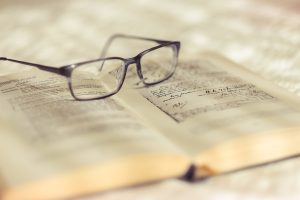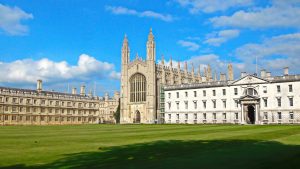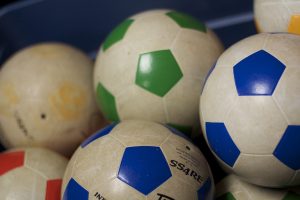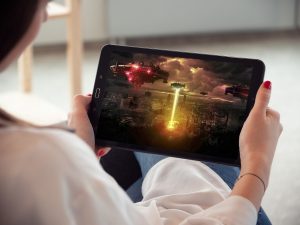Beyond Grades: Measuring Real Learning
Education is often measured by grades, with students and parents alike placing a heavy emphasis on obtaining high marks. However, the current education system has sparked a longstanding debate on whether grades are an accurate representation of a student’s learning. In today’s competitive society, the pressure to achieve good grades has led to a focus on memorization and test-taking skills, rather than true understanding and application of knowledge. This raises the question: are grades truly measuring real learning? In this article, we will explore the limitations of grades and delve into alternative methods of measuring real learning.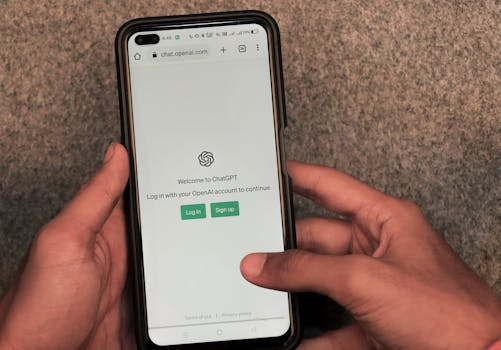
Limitations of Grades
Grades have been the primary form of evaluating student performance for decades. They are used to determine academic standing, scholarships, and even job opportunities. However, grades are not a comprehensive measure of learning and have several limitations.
Memorization vs Understanding
The education system’s heavy reliance on grades has led to a culture of rote memorization. Students are often more focused on memorizing information for exams rather than truly understanding the concepts. This results in a superficial understanding of the subject that quickly fades after the exam is over. Thus, grades do not accurately reflect a student’s understanding of a subject or their critical thinking skills.
Subjectivity
Grading is a subjective process, with each teacher having their own criteria for evaluating students. This can lead to inconsistencies in grading, where two students with equal understanding and effort may receive different grades. It also means that grades cannot be compared across different classrooms or schools, making them an unreliable measure of a student’s performance.
Test-Taking Skills
Oftentimes, grades are heavily influenced by a student’s test-taking abilities rather than their actual understanding of the subject. Students who struggle with test anxiety or those who have difficulty with timed exams may not perform well, even if they have a deep understanding of the material. This results in grades that do not accurately reflect a student’s true learning and can be demoralizing for students who struggle with exams.
Alternative Methods of Measuring Real Learning
It is evident that grades have significant limitations in measuring real learning. So, what alternatives do we have?
Portfolios
A portfolio is a collection of a student’s work that demonstrates their progress and achievements over a period. It allows students to showcase their skills, knowledge, and creativity in different subjects and formats. Portfolios provide a more comprehensive view of a student’s abilities and can be used to assess various skills, such as critical thinking, problem-solving, and communication.
Project-Based Assessments
Project-based assessments require students to apply their knowledge and skills to real-world scenarios. This method of assessment focuses on the process of learning rather than the final product and emphasizes critical thinking, teamwork, and creativity. Projects can be tailored to suit each student’s individual strengths and interests and provide a more authentic measure of learning.
Self-Assessment
Self-assessment is a reflective process where students assess their own learning and progress. It encourages students to take ownership of their learning and helps them identify their strengths and weaknesses. By setting goals and evaluating their own work, students can develop a better understanding of their skills and learning processes.
The Importance of Measuring Real Learning
The ultimate goal of education is to foster a love for learning and equip students with the necessary skills to succeed in their personal and professional lives. By only focusing on grades, we are neglecting the true purpose of education. Measuring real learning is essential as it allows students to develop a deeper understanding of topics and prepares them for the real world.
In conclusion, grades are not an accurate measure of real learning and have significant limitations. As educators, we must explore alternative methods of assessment to gain a more comprehensive understanding of our students’ abilities. By focusing on measuring real learning, we can create a more meaningful and effective education system that nurtures individuals to reach their full potential.


